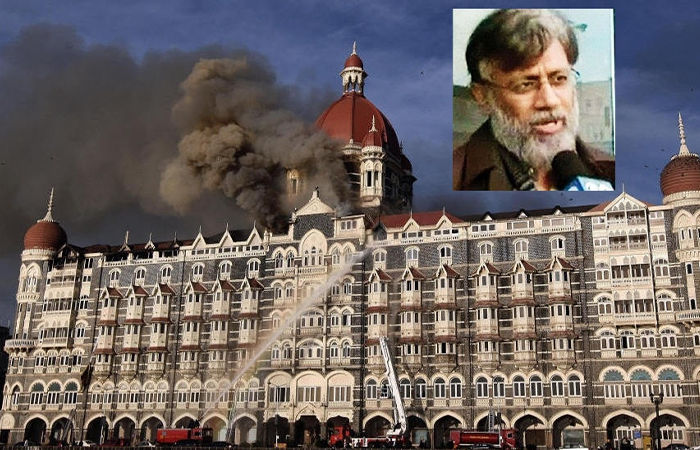The U.S. government, under former President Donald Trump, approved the extradition of Tahawwur Rana, a Pakistani-Canadian businessman linked to the 2008 Mumbai terror attacks (26/11), marking a significant step in India’s decades-long pursuit of justice for the victims. Here’s a breakdown of the case and its ramifications:
Background: Rana’s Role in the 26/11 Attacks
Charges:
- Rana, a Chicago-based immigration consultant, was convicted in 2011 by a U.S. court for providing material support to the Pakistan-based Lashkar-e-Taiba (LeT), the terrorist group behind the Mumbai attacks. He aided co-conspirator David Coleman Headley (a key plotter) by facilitating surveillance of targets in India.
2011 Trial:
- While acquitted of direct involvement in 26/11, Rana was sentenced to 14 years for supporting Let and planning a separate attack on a Danish newspaper. India has sought his extradition since 2020 to prosecute him for murder and conspiracy in Mumbai.
Extradition Process & Trump’s Approval
2020 U.S. Court Order:
- A federal court in Los Angeles approved Rana’s extradition to India in June 2020, during Trump’s presidency, citing sufficient evidence under the U.S.-India extradition treaty.
Rana’s Appeals:
- Rana contested the order, arguing double jeopardy (already convicted in the U.S.) and potential mistreatment in Indian custody. His appeals were repeatedly rejected, culminating in the U.S. State Department’s final approval under Trump’s administration.
Biden Administration’s Role:
- While the legal process concluded under Trump, logistical and diplomatic formalities may extend into subsequent administrations.
Significance for India-U.S. Relations
Counterterrorism Cooperation:
- The extradition underscores strengthened U.S.-India collaboration on counterterrorism, particularly after decades of friction over Pakistan’s role in harboring groups like LeT.
Diplomatic Win for India:
- India has long sought accountability for 26/11, which killed 166 people, including six Americans. Rana’s trial in India could expose further details of Pakistan’s alleged state support for the attacks.
Geopolitical Context:
- The move aligns with broader U.S. efforts to deepen ties with India as a strategic counterbalance to China, despite historical U.S. ambivalence toward Pakistan.
Reactions and Challenges
Indian Officials:
- Hailed the decision as a milestone in delivering justice. Families of victims have demanded Rana’s swift transfer and a thorough trial.
Rana’s Defense:
- Claims political motivations, arguing India seeks to deflect attention from its own counterterrorism failures. His legal team may pursue further appeals in U.S. courts.
Pakistan’s Silence:
- Islamabad, which denies state involvement in 26/11, has not commented. The trial could renew scrutiny of its alleged ties to Let.
Potential Outcomes
Trial in India:
- If extradited, Rana would face charges under India’s Unlawful Activities (Prevention) Act. His testimony could implicate Pakistani officials or reveal new details about the attack’s planning.
Precedent for Future Cases:
- Sets a benchmark for U.S. extraditions to India, particularly for terrorism-related offenses.
Strain on U.S.-Pakistan Ties:
- May further complicate Washington’s relationship with Islamabad, already frayed over Afghanistan and China alliances.
Conclusion
Tahawwur Rana’s extradition represents a rare instance of U.S.-India alignment on counterterrorism justice, though legal and diplomatic hurdles remain. For victims’ families, it offers a glimmer of closure, while geopolitical ramifications will reverberate across South Asia. The case also tests the resilience of international legal frameworks in addressing cross-border terrorism.
FOLLOW:https://newsroom47.com/u-s-to-retaliate-with-reciprocal-tariffs-under-trump/
Newsroom 47
